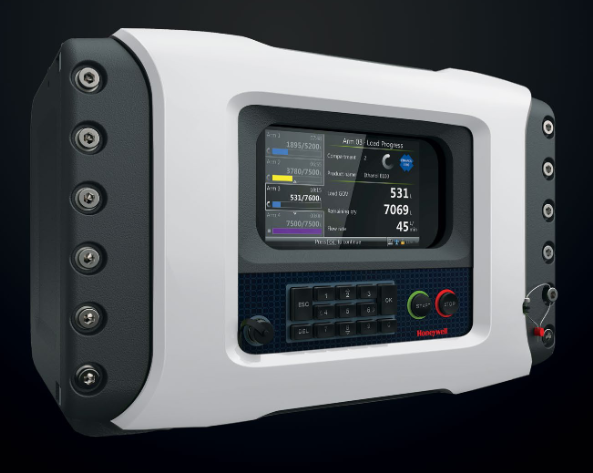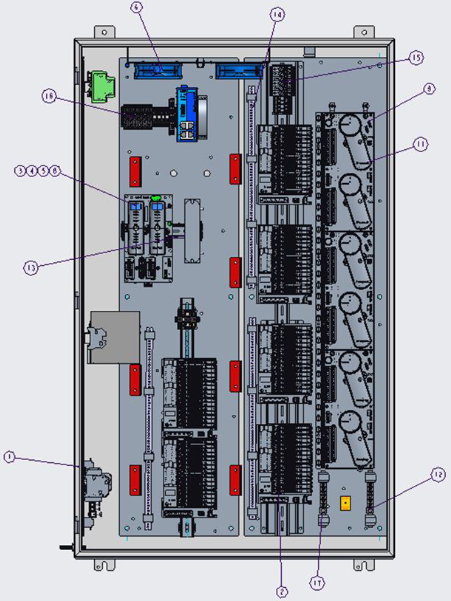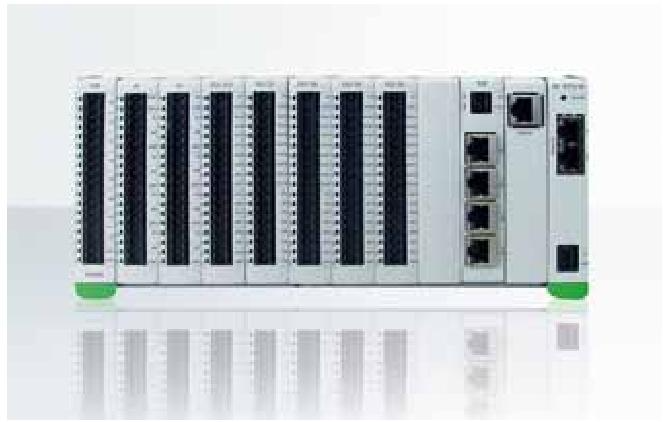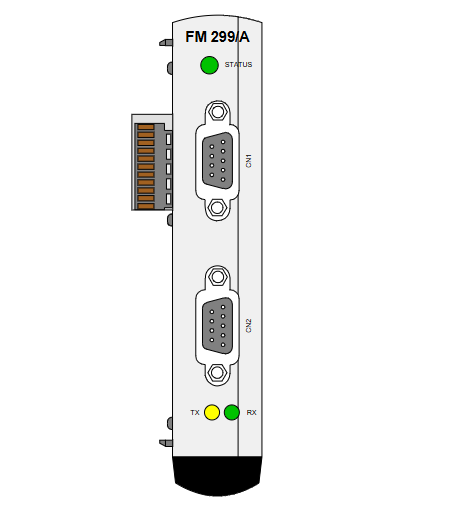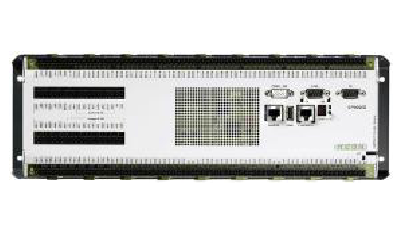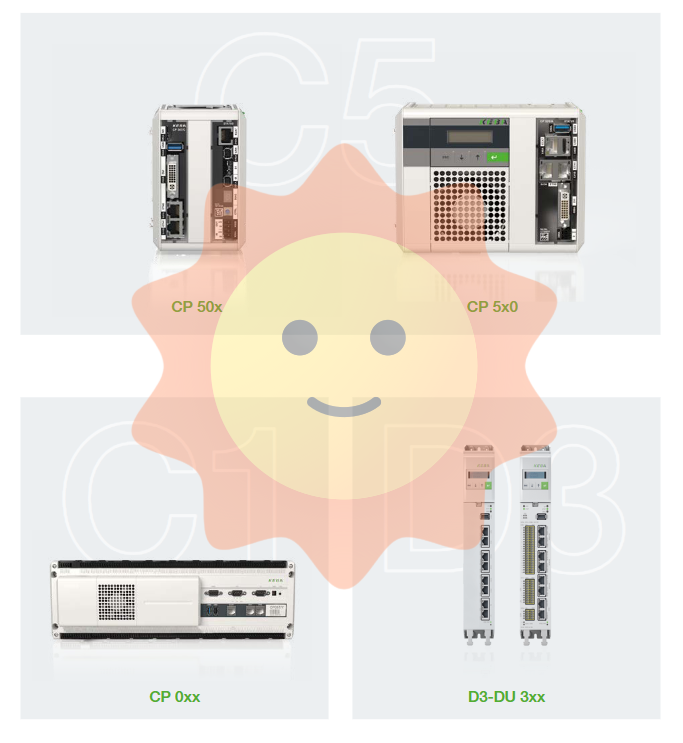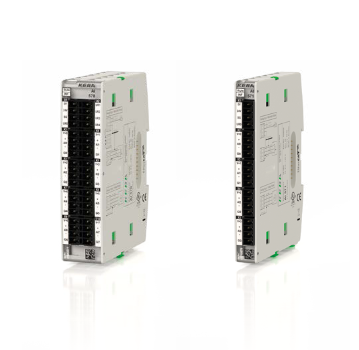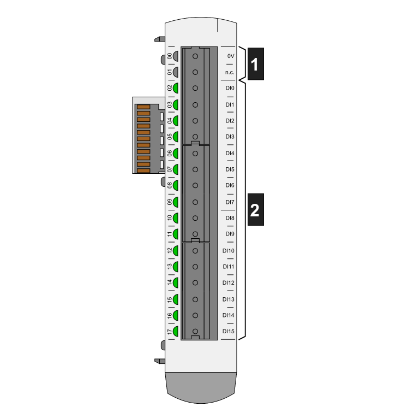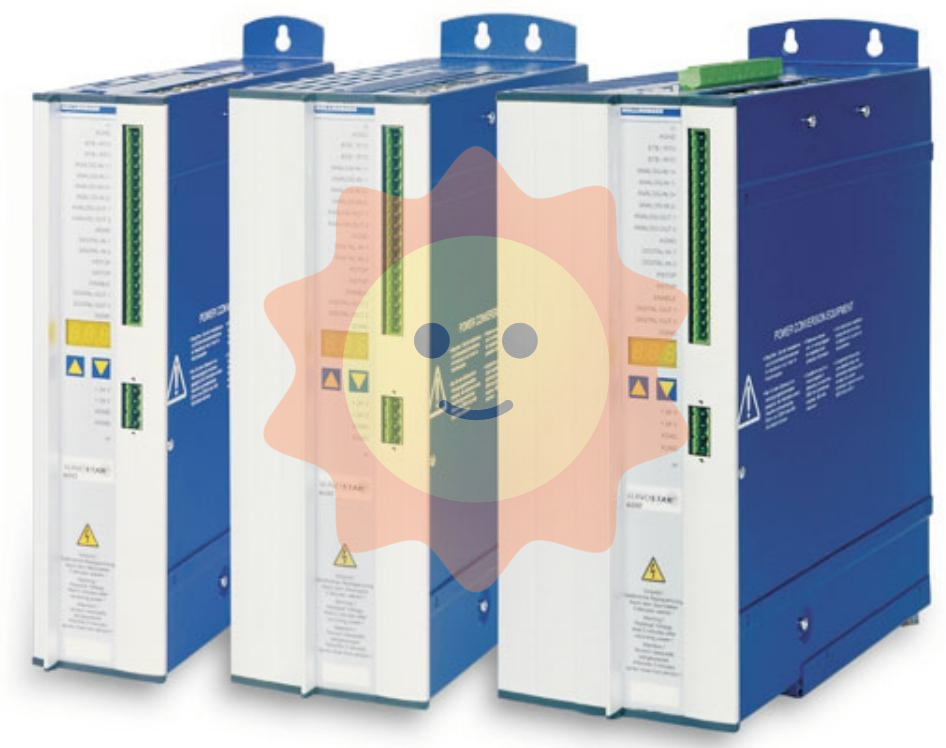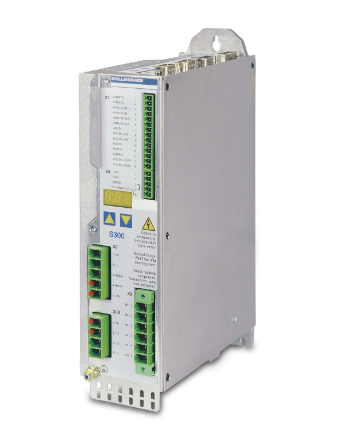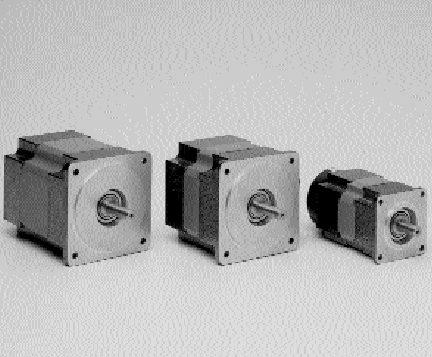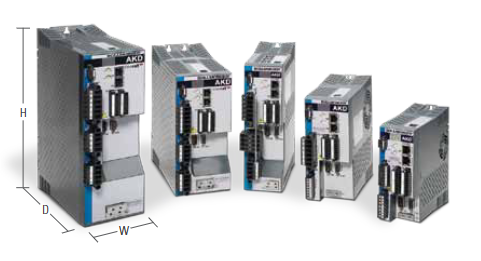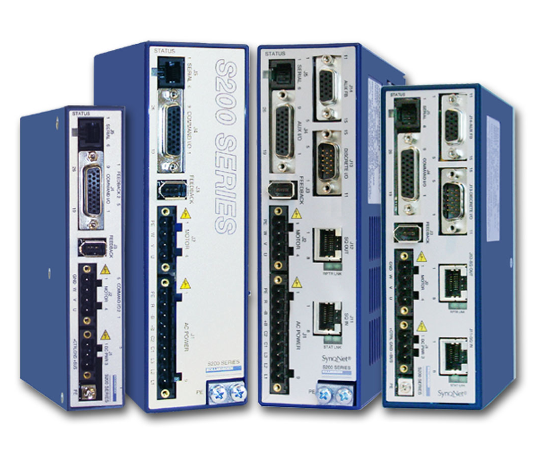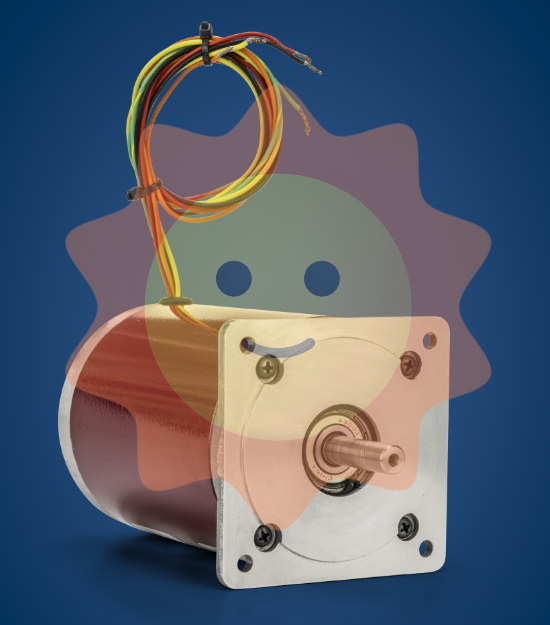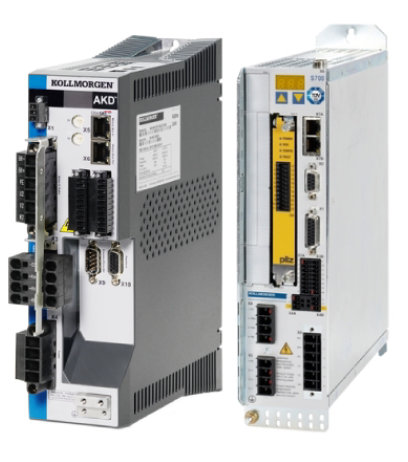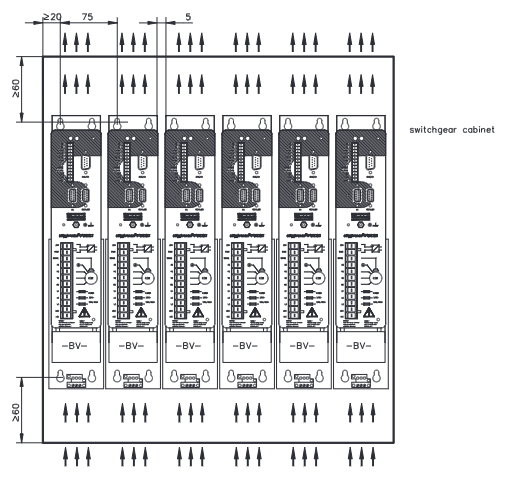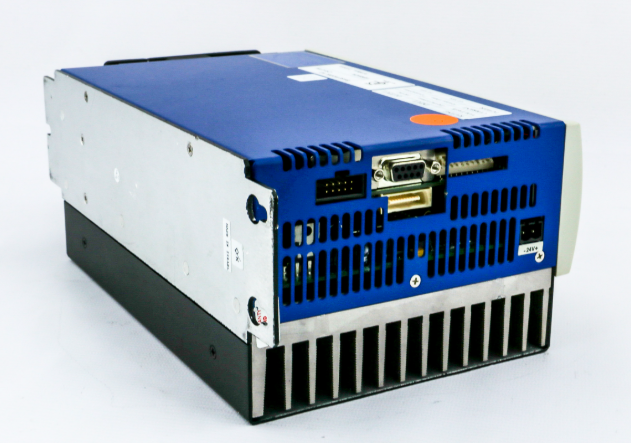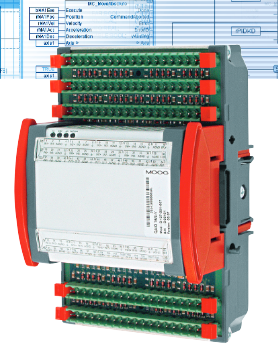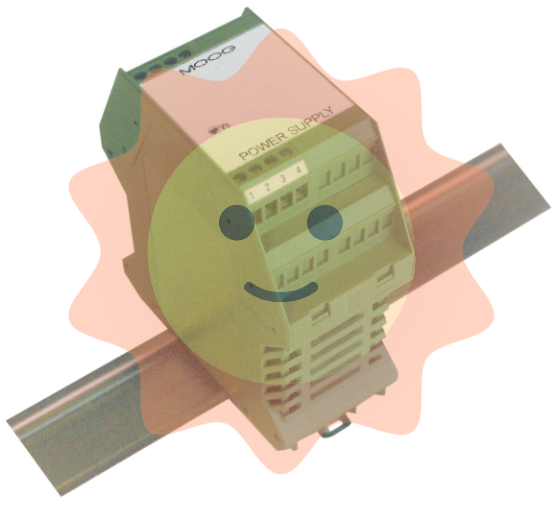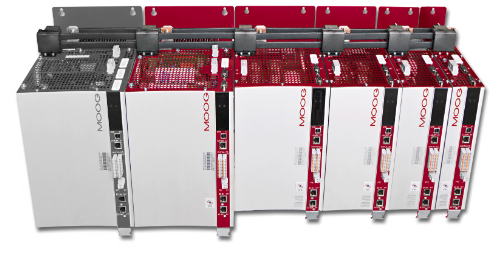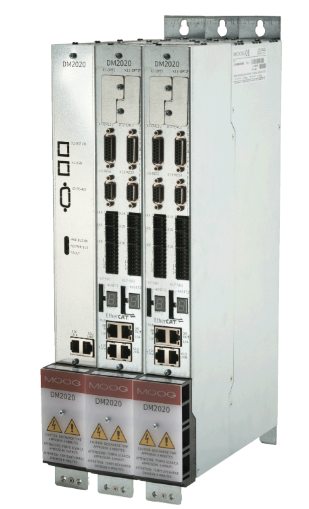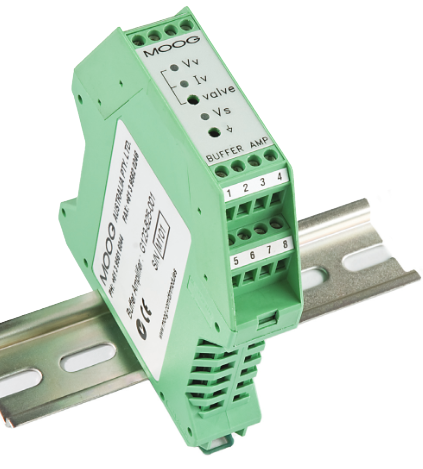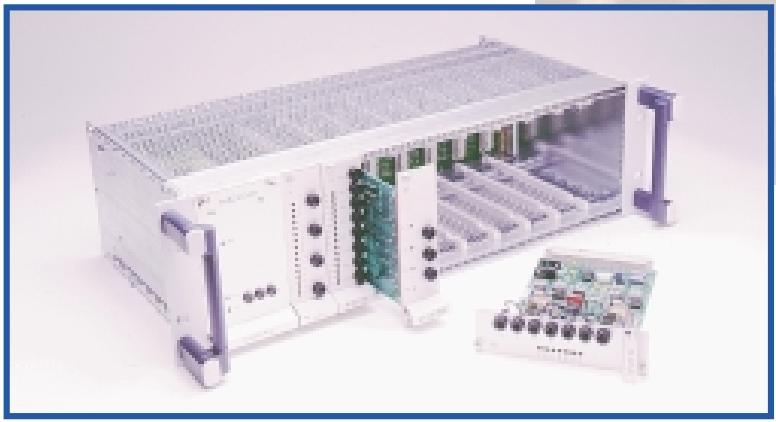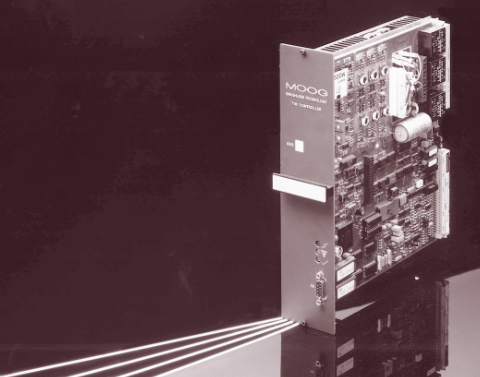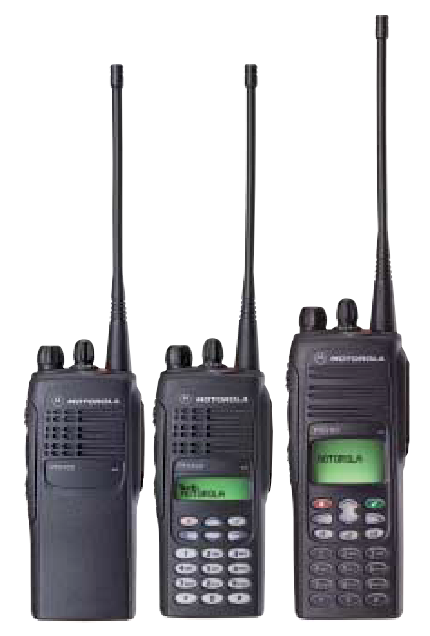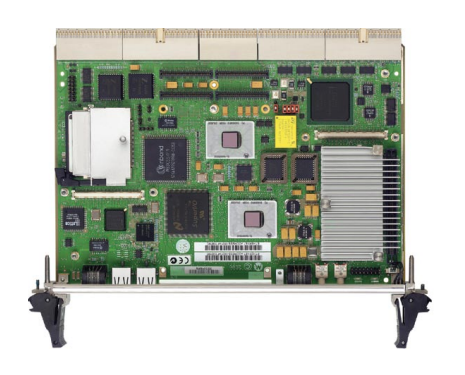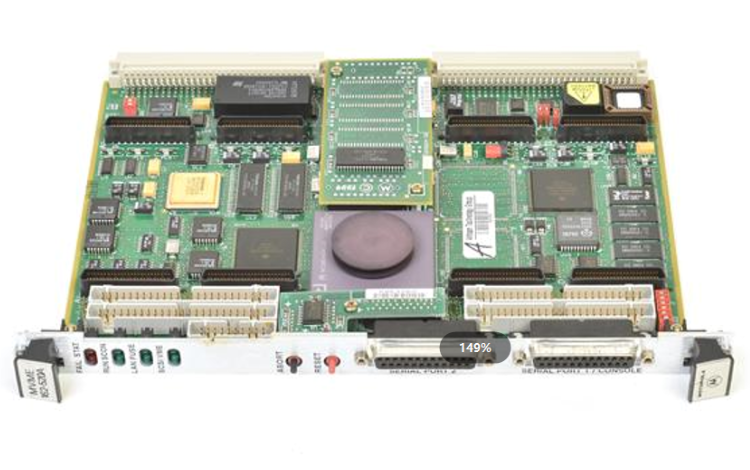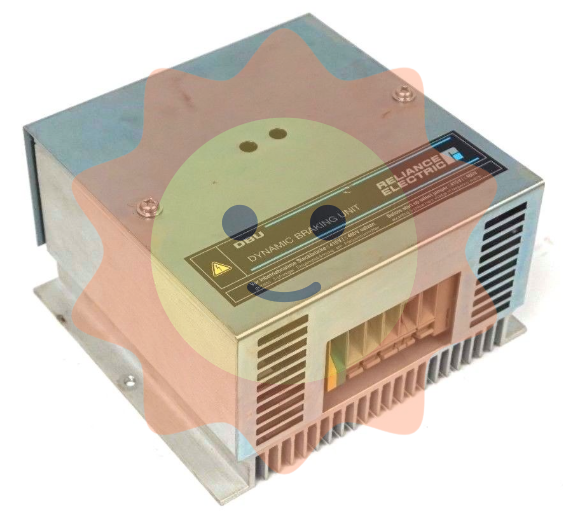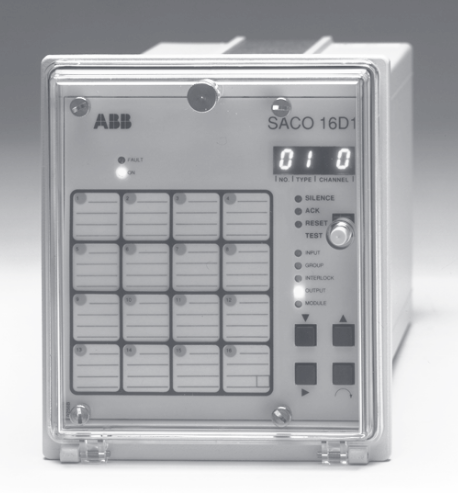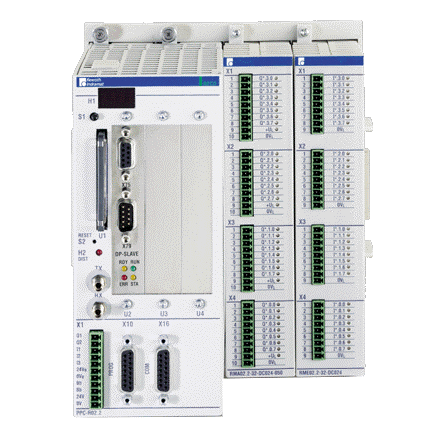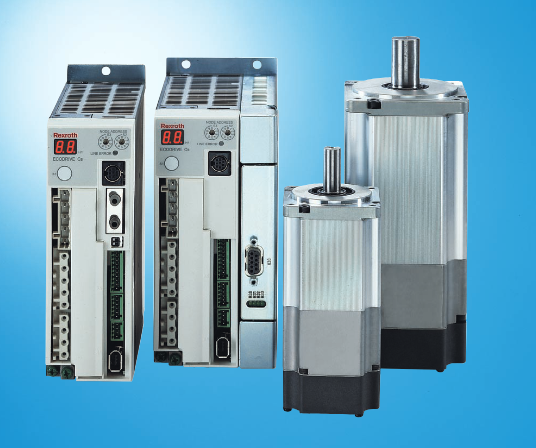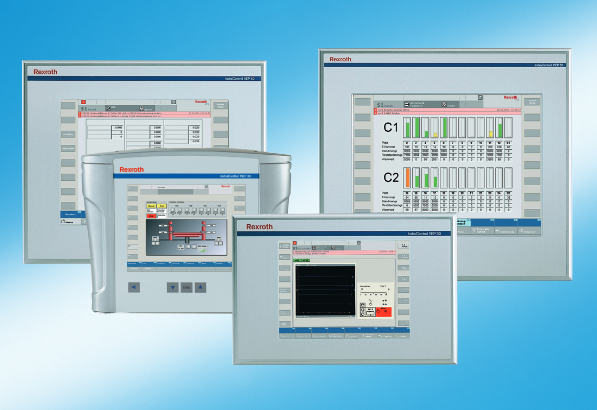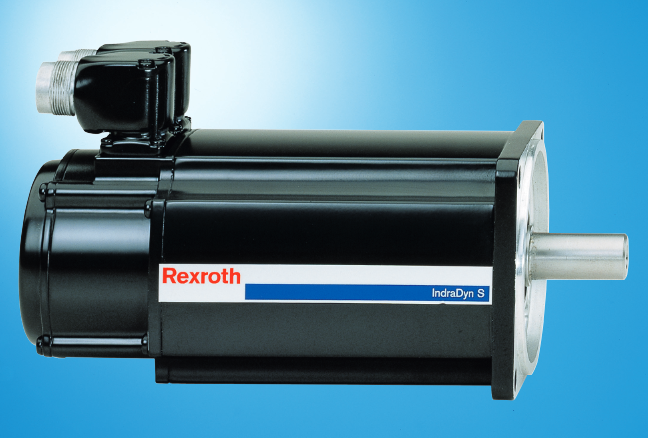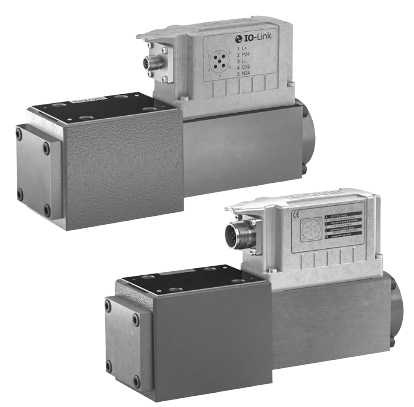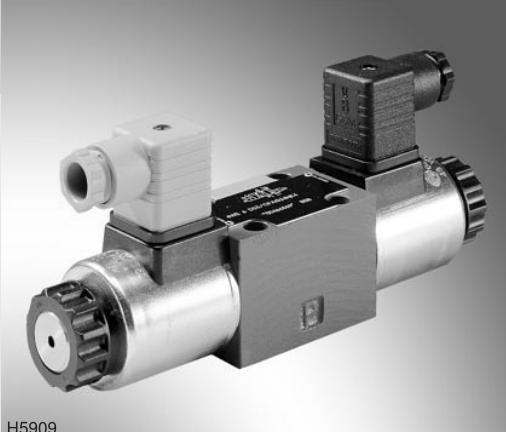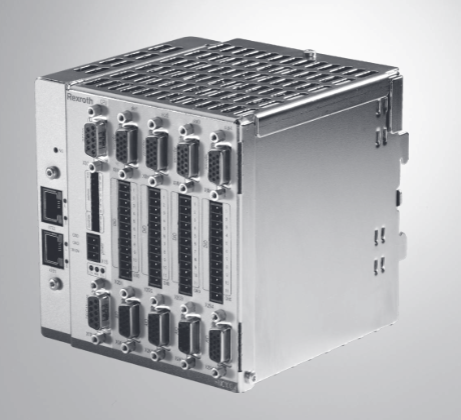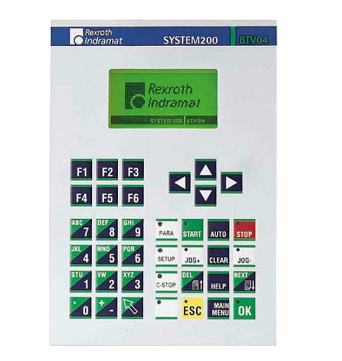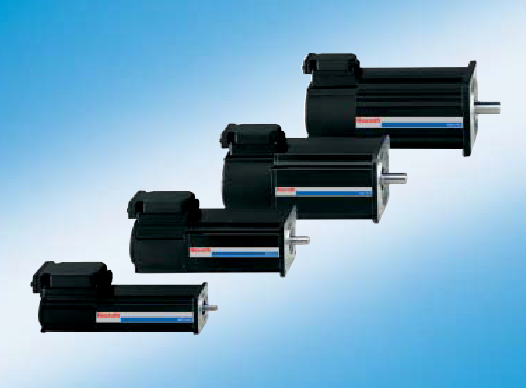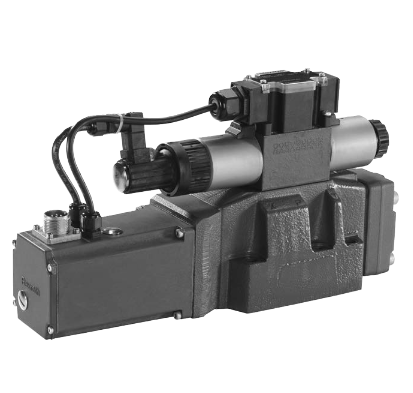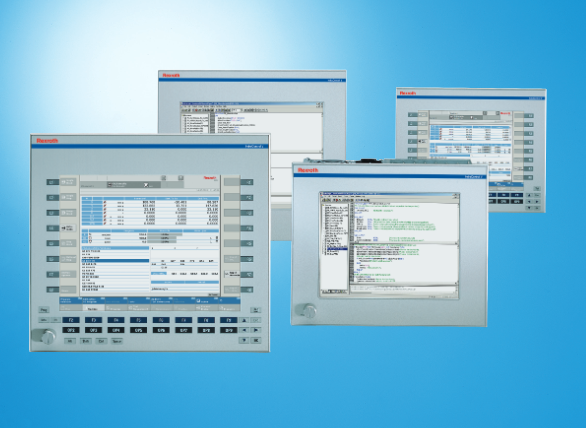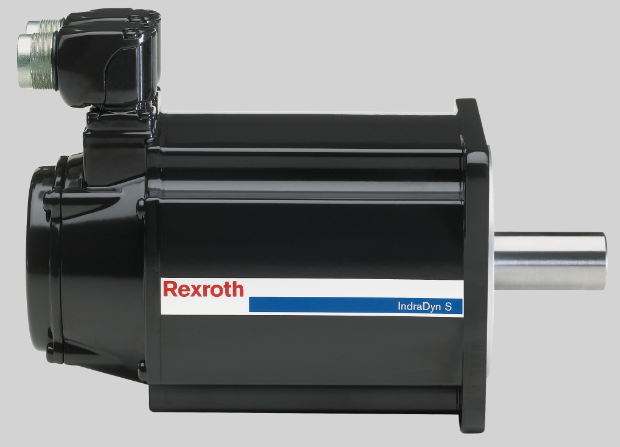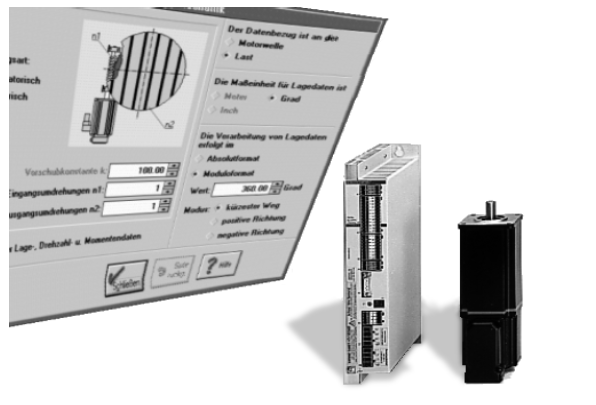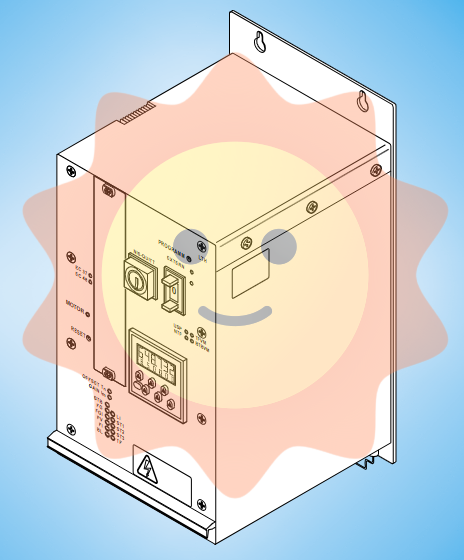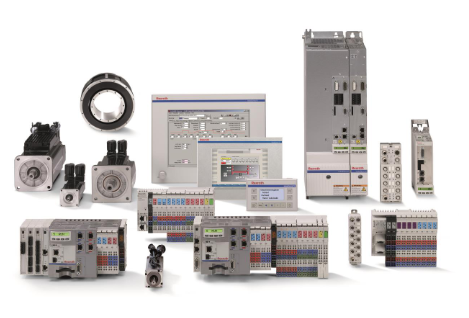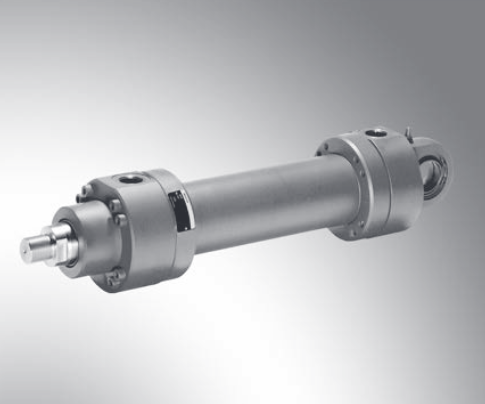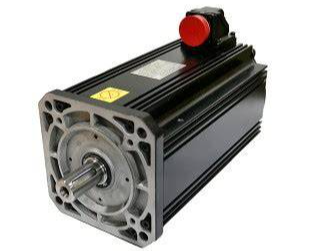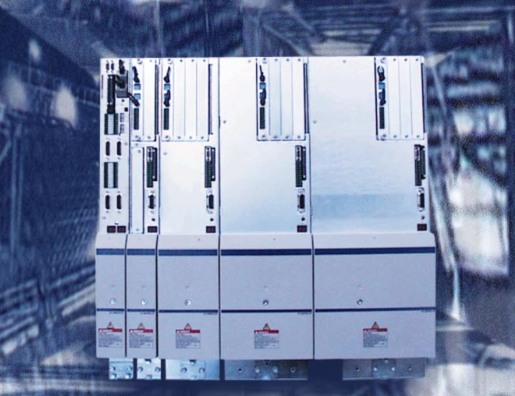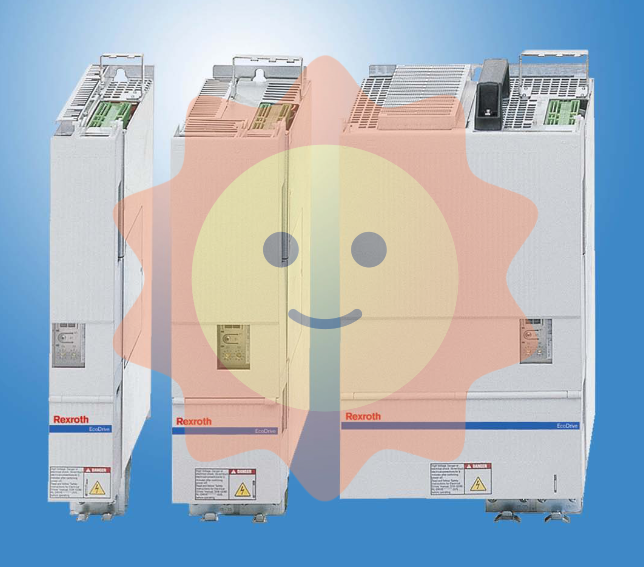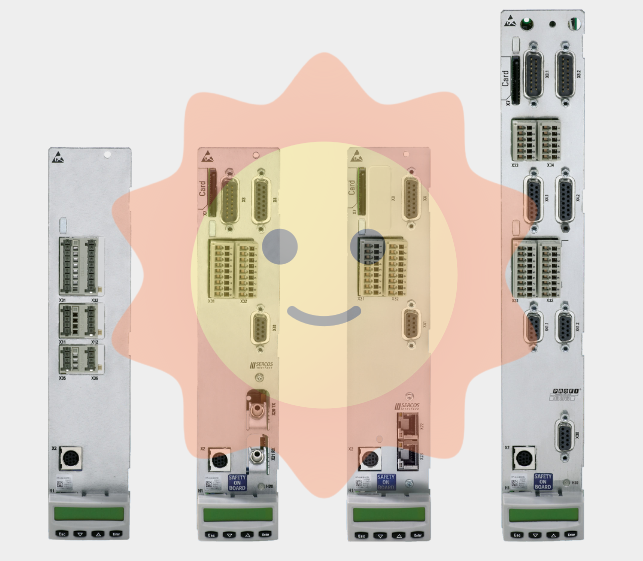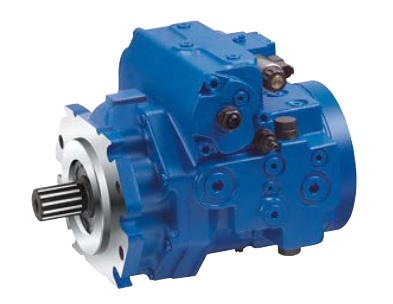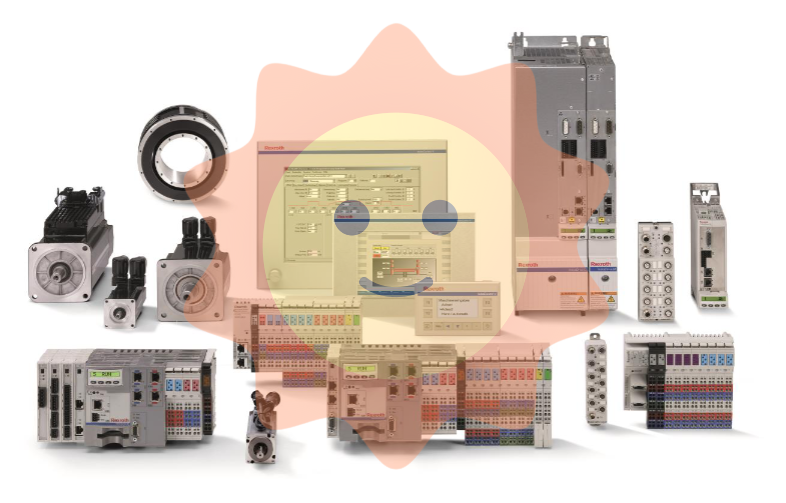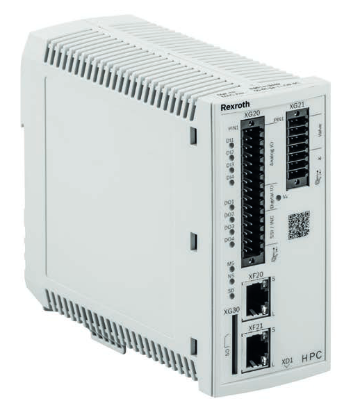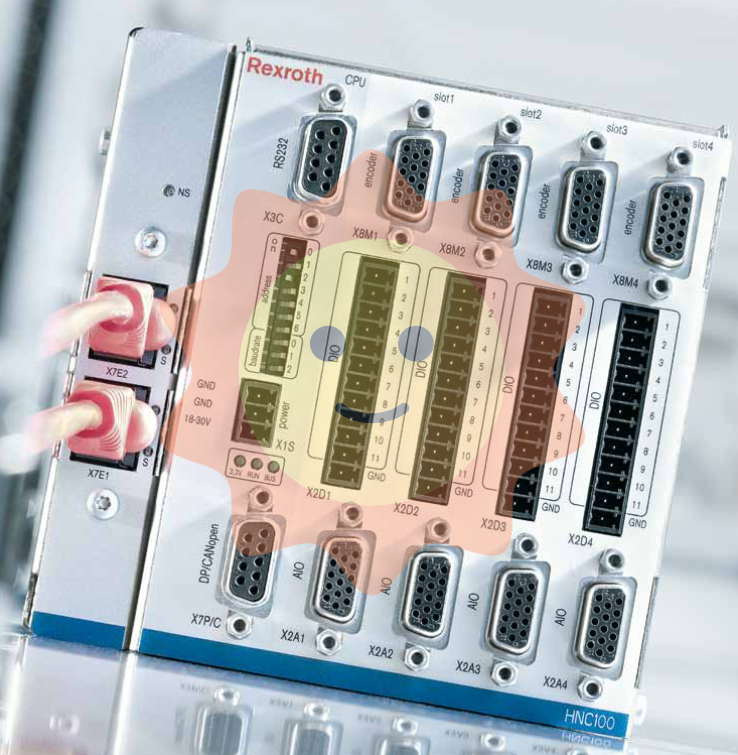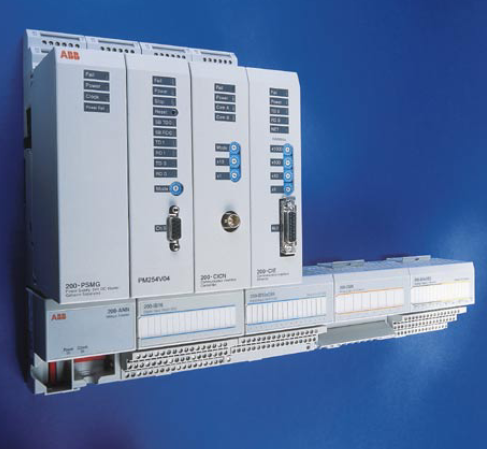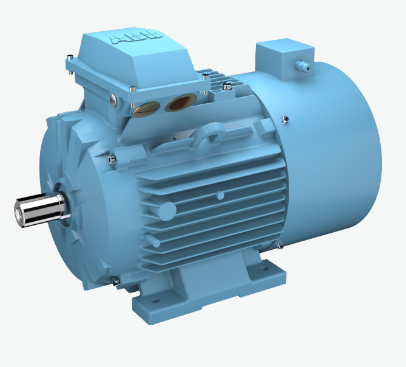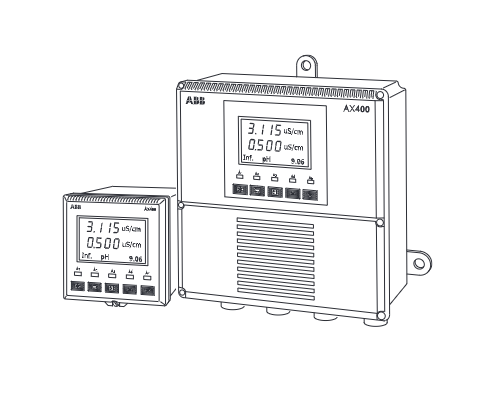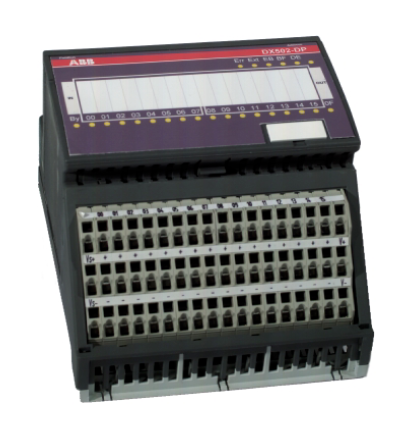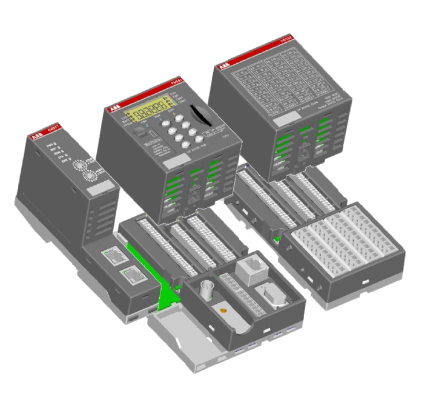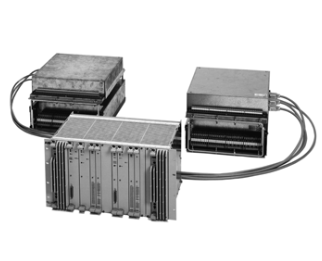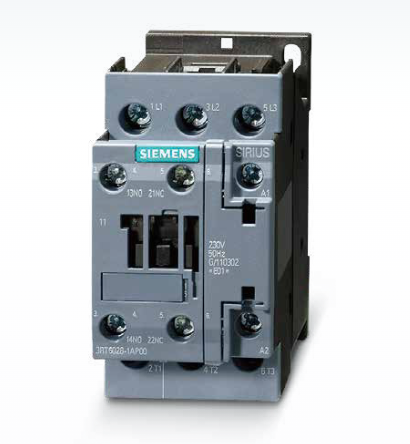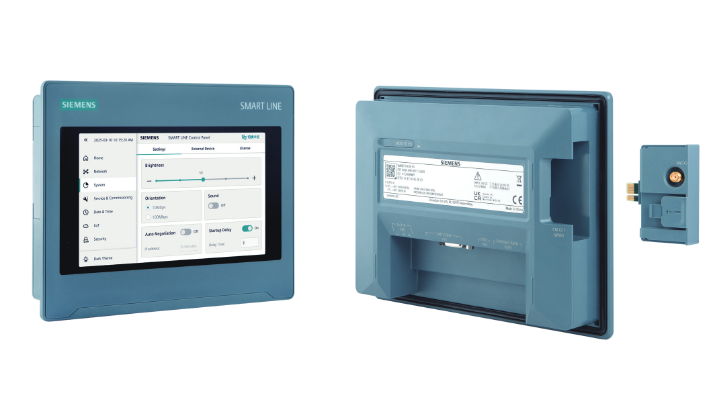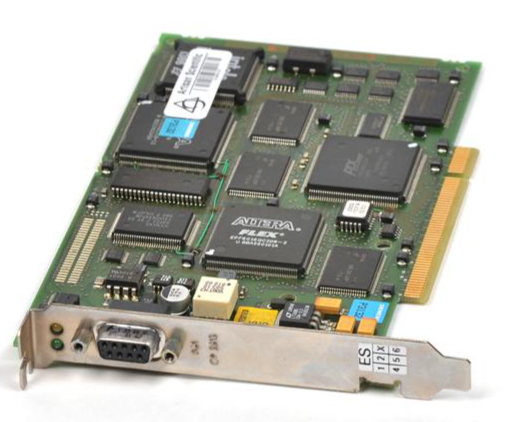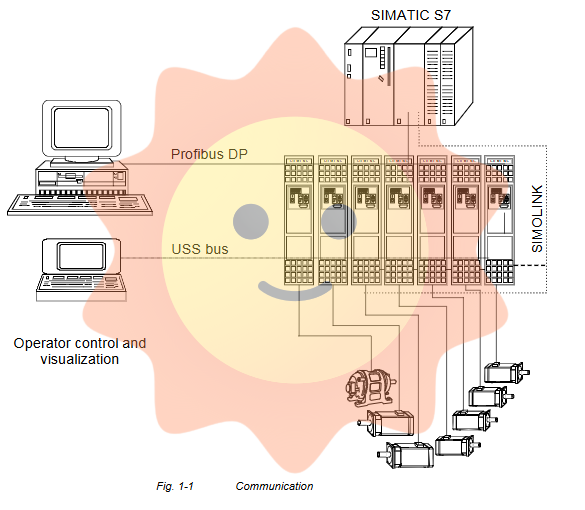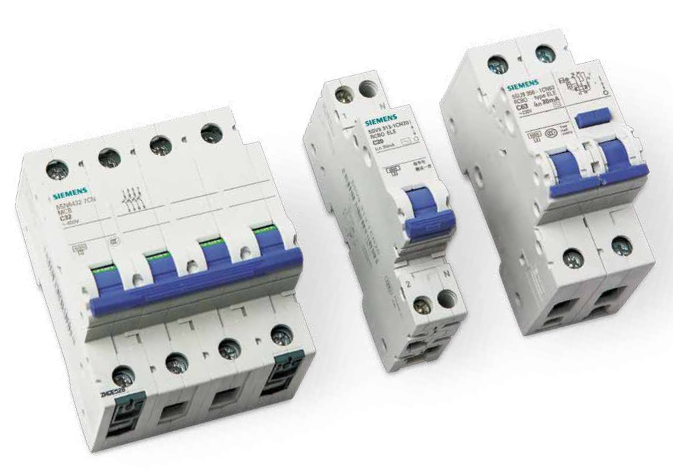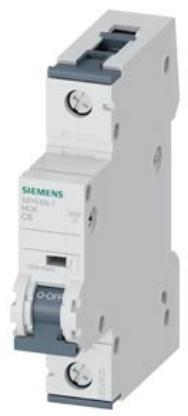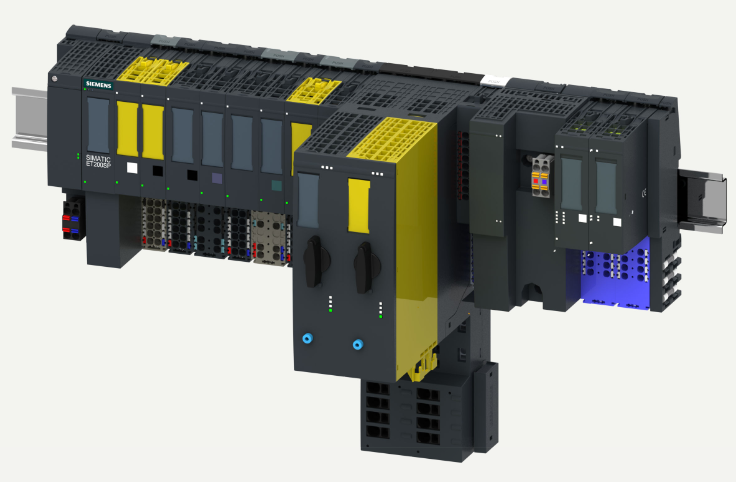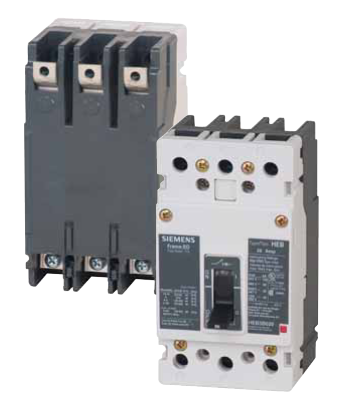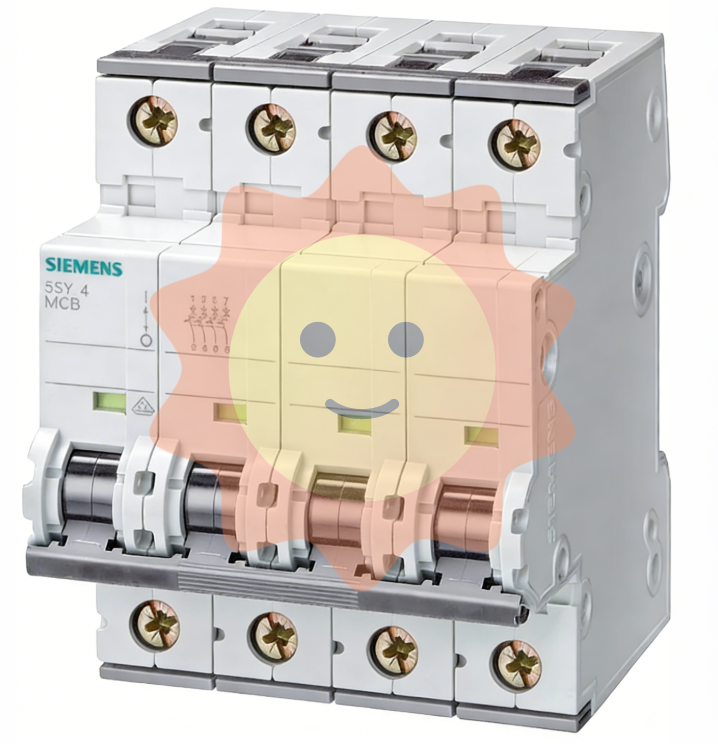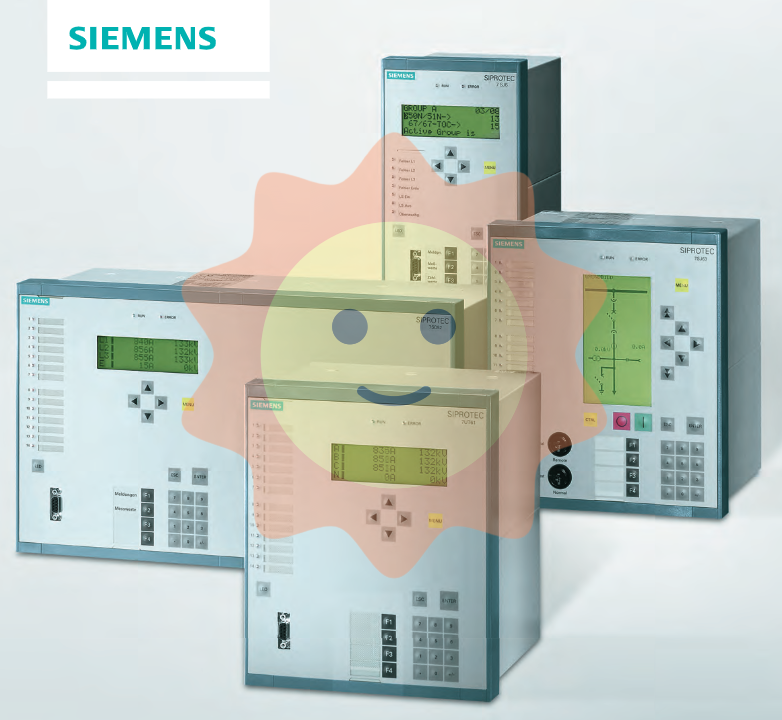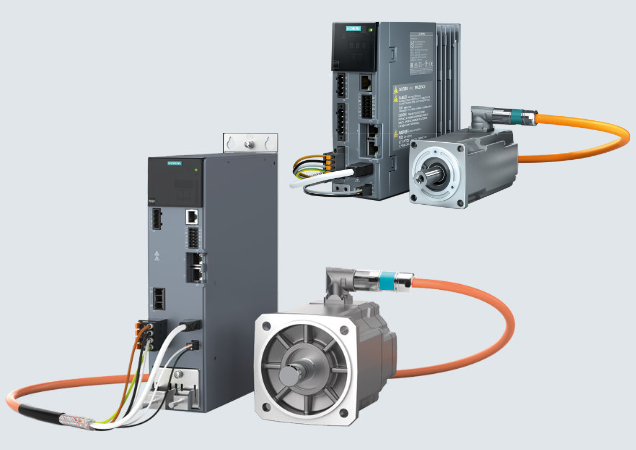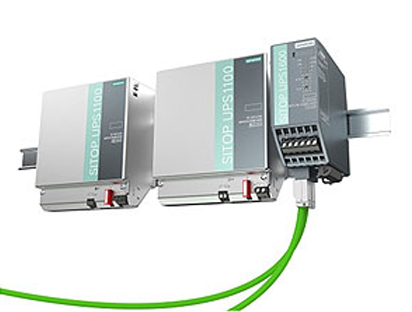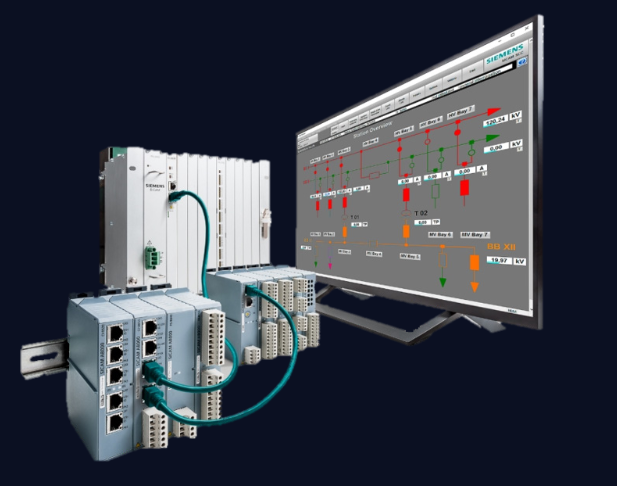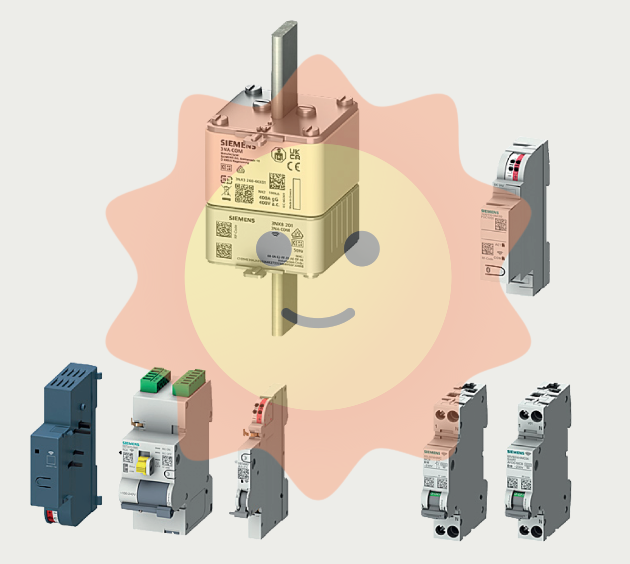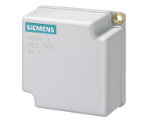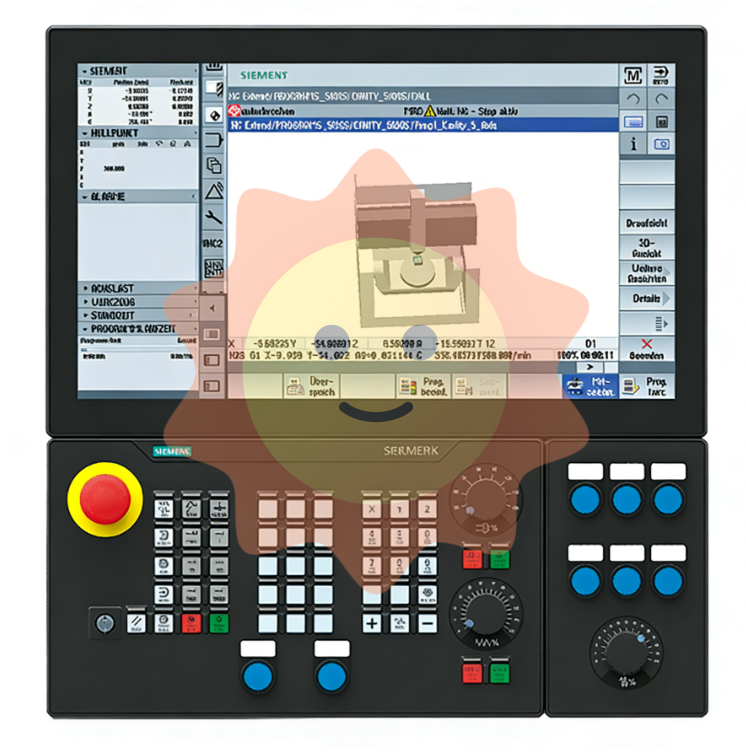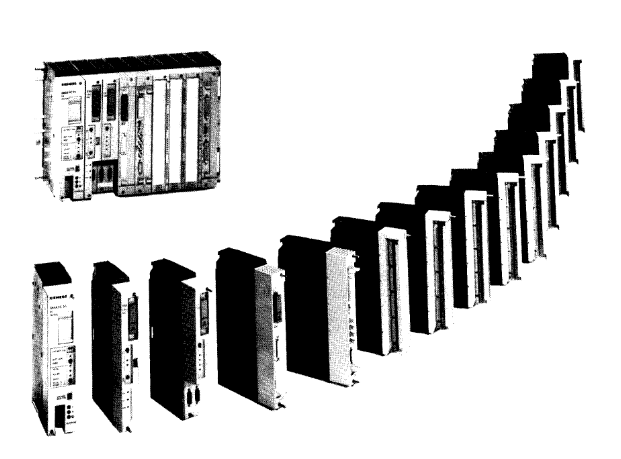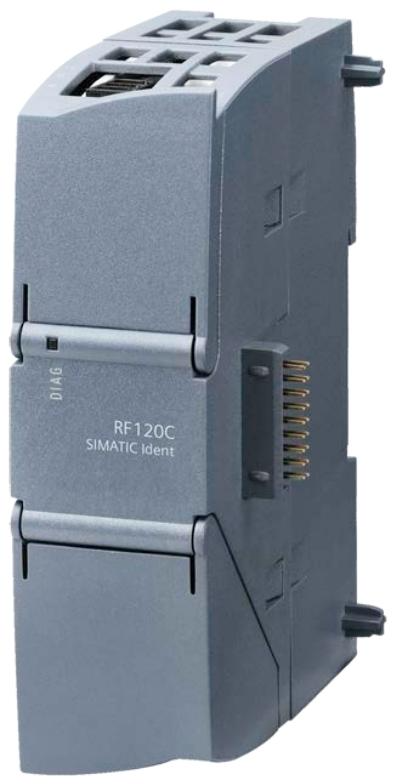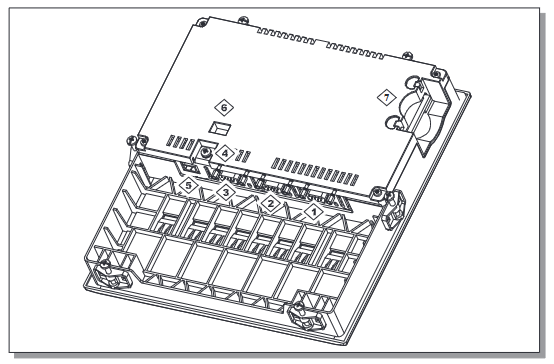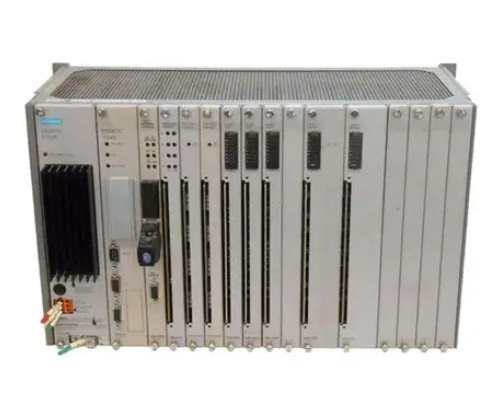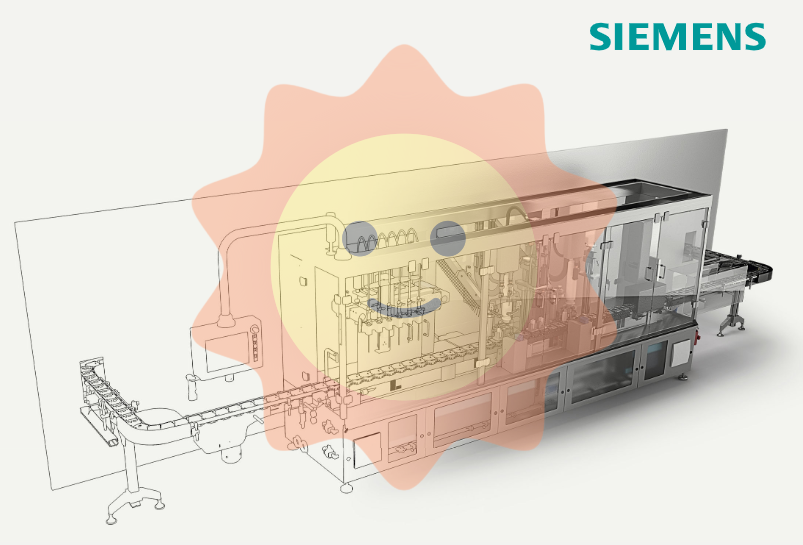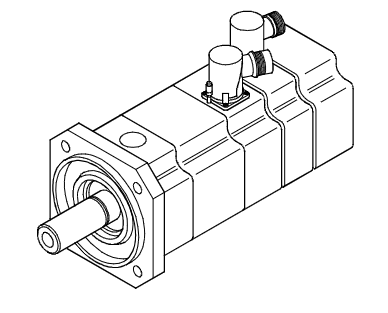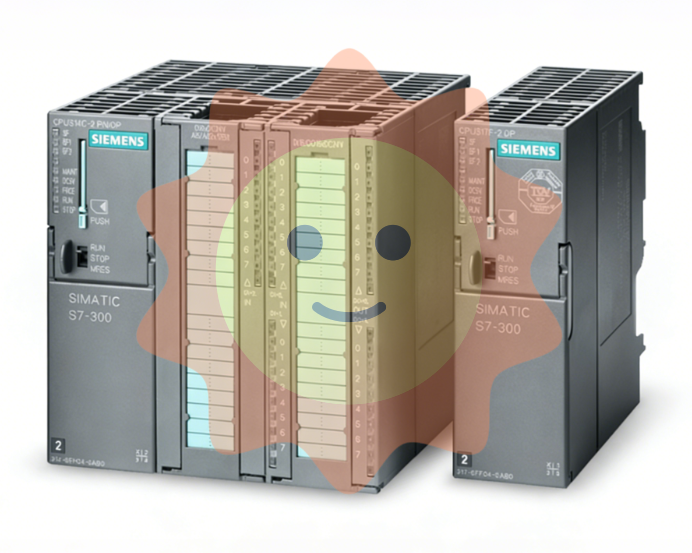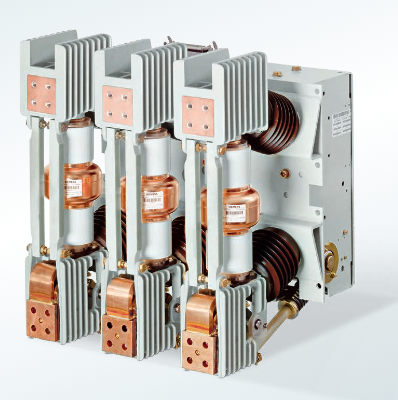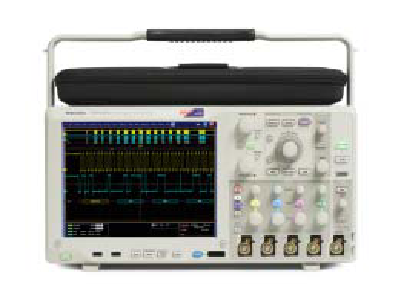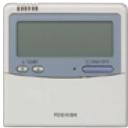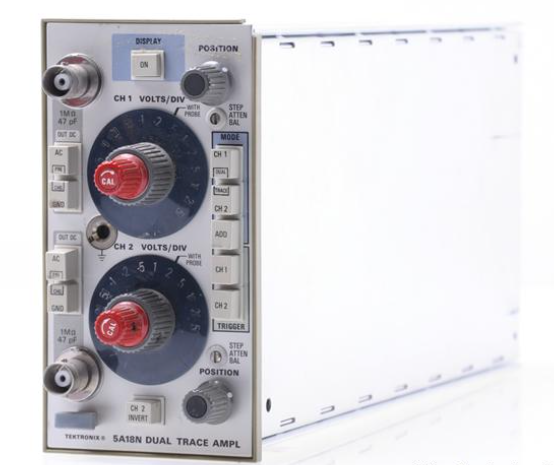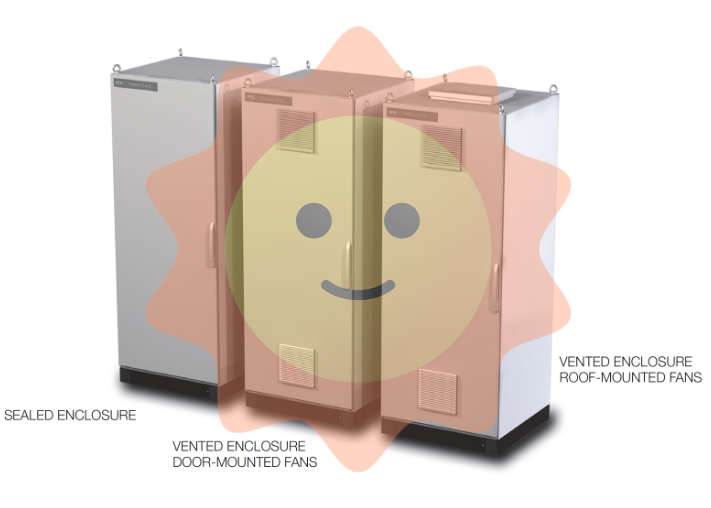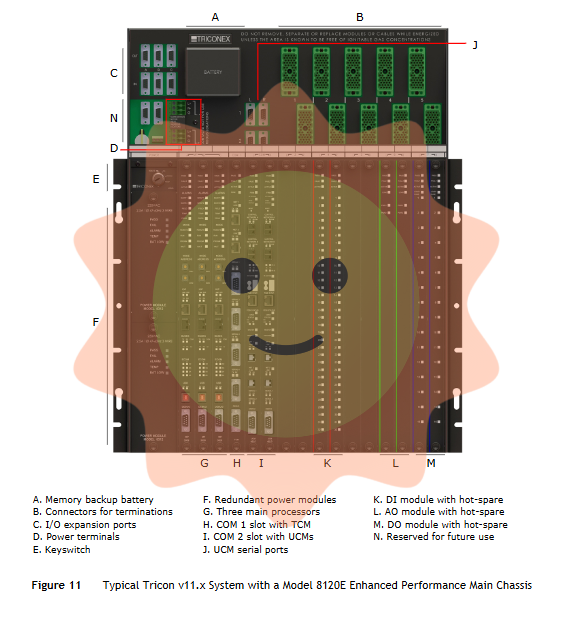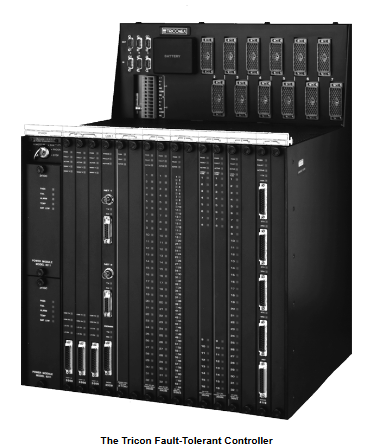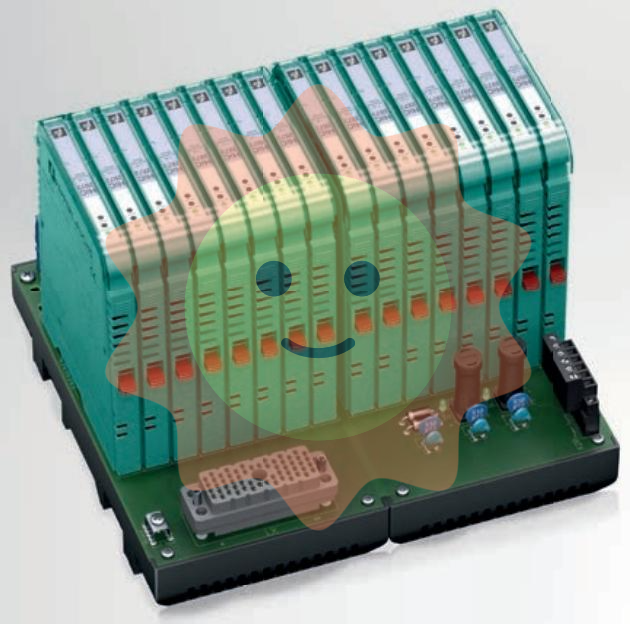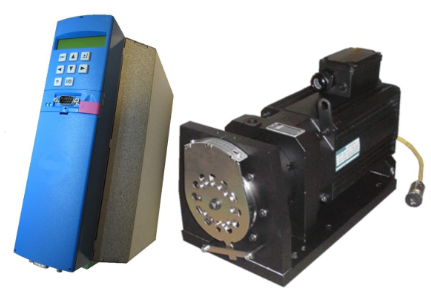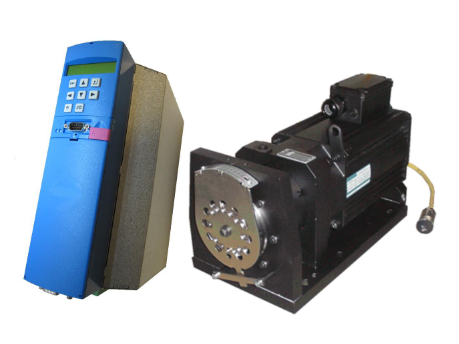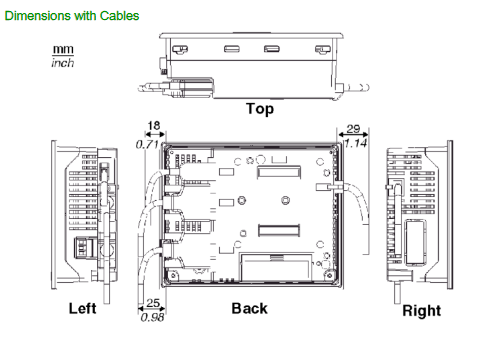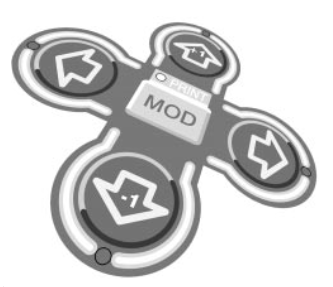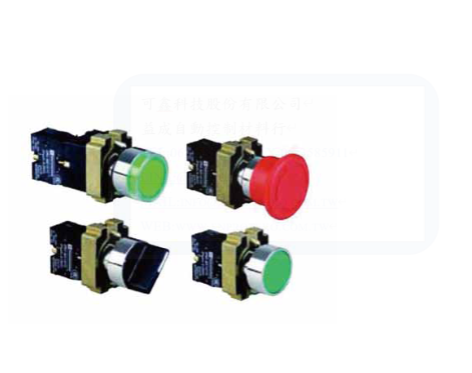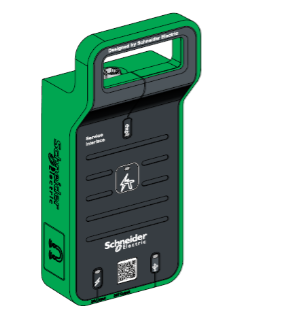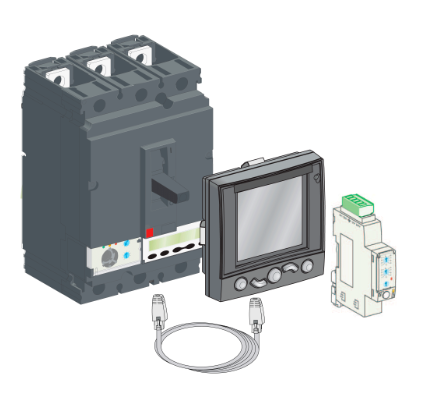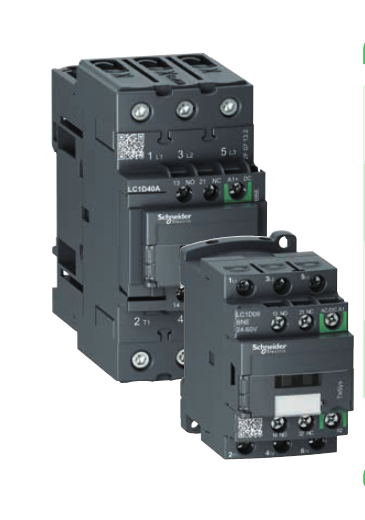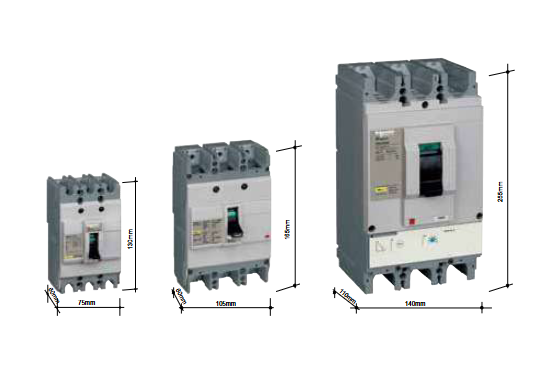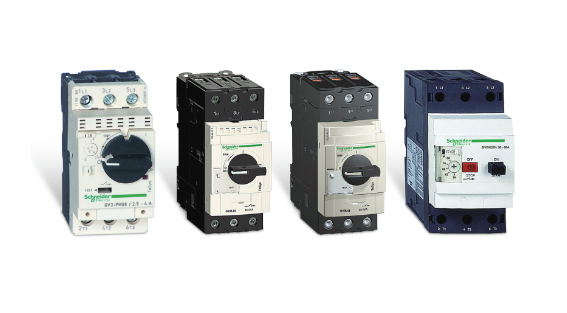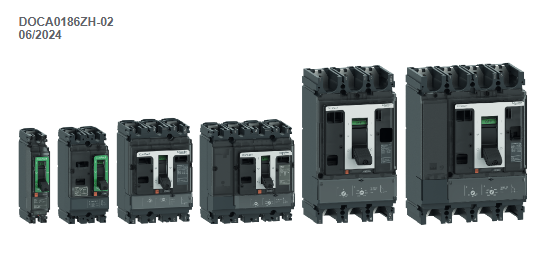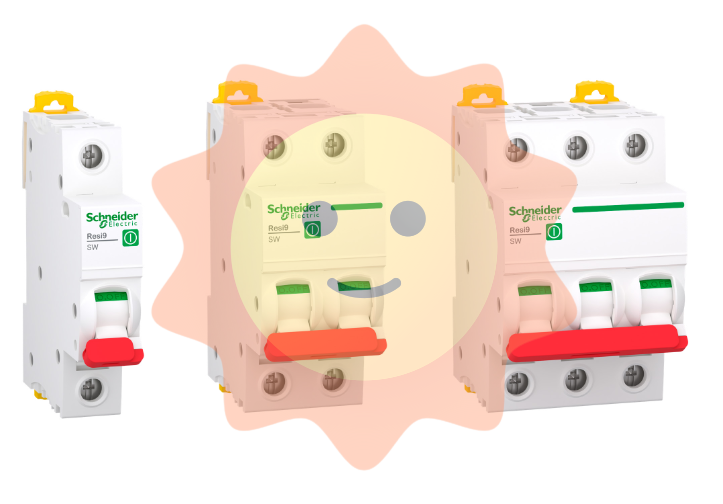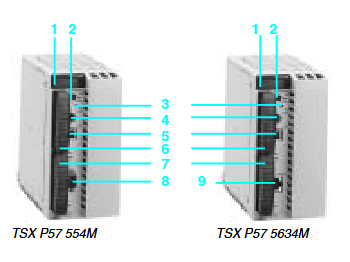ABB NF93A-2 HESG323662R1HESG216665K Controller Module
ABB NF93A-2 HESG323662R1HESG216665K Controller Module
Product Overview
Brand and model: ABB, NF93A-2, HESG323662R1/HESG216665K.
Product Type: Controller module, one of the core components in industrial automation system.
SPECIFICATION
Dimensions: 10cm x 5cm x 2cm
Weight: 100g
Operating Temperature: -40°C to 85°C
Input Voltage: 24V DC
Output Voltage: 5V DC
Power Consumption: 2W
Communication Interface: RS485
Function and application
Industrial automation control: this controller module is widely used in industrial automation system, such as control system, process control, machine control and so on. It can realise the automation control of equipment and improve production efficiency and quality.
Signal processing and data communication: NF93A-2 controller module has powerful signal processing and data communication functions. It can receive and process signals from sensors and transmit the processed data to other devices or systems through the communication interface.
Modular design: This controller module adopts modular design, which is easy for users to select and configure according to actual needs. This helps to reduce the system cost and improve the scalability and flexibility of the system.
Technical features
High performance: ABB NF93A-2 controller module has excellent performance to meet the needs of various industrial automation applications.
High reliability: as an industrial-grade controller module, NF93A-2 has a high degree of reliability and stability. It is able to operate stably in harsh industrial environments, ensuring proper system operation and productivity.
Compatibility: The controller module supports a variety of communication protocols and interface standards, enabling seamless connection and communication with other devices and systems. This helps to realise information integration and collaborative work of industrial automation systems.
Application Scenarios
Power system: In various segments of electric power plants, transmission lines, distribution systems, etc., the NF93A-2 controller module can be used to monitor the status of generators, collect sensor signals, and execute protection logic.
Process industry: In the chemical, oil and gas, pharmaceutical and other process industries, the controller module can be used to monitor and control a variety of parameters and signals to ensure the stability and safety of the production process.
Railway and traffic system: In railway signalling system, the NF93A-2 controller module can be used for signal acquisition and processing to achieve train position detection, signal transmission and control functions.
Selection and Installation Suggestions
Suggestions for purchase: When purchasing ABB NF93A-2 HESG323662R1/HESG216665K controller module, you need to consider the scale of the control system, control requirements, communication needs and other factors. It is recommended to purchase from official channels or authorised agents to ensure product quality and after-sales service.
Installation and commissioning: When installing, please follow the relevant technical specifications and operation manuals to ensure the correct connection and configuration of the device. When commissioning, necessary tests and verification are required to ensure the normal operation and performance of the system.
MODULE CHARACTERISRICS
High precision: able to accurately convert analog signals into digital signals, ensuring the accuracy of the system.
Multiple input ranges: It may support a variety of different analog signal input ranges to adapt to the output of different sensors.
Programmability: Module parameters can be configured through programming to meet specific application requirements.
Stability and reliability: Designed for industrial environments, it has good stability and reliability, and can operate continuously for long periods of time.
Communication interface: It may have interfaces for communication with the control system, such as Profibus DP, Modbus, etc., to facilitate data transmission and monitoring.
Signal conversion: The ability to convert analog signals (such as voltage, current, etc.) from sensors or other devices into digital signals for further processing by microprocessors or control systems.
Signal conditioning: It may include signal conditioning functions such as filtering, amplification, and linearization to improve the accuracy and stability of the signal.
Communication interface: Provides a communication interface with control systems (such as PLC, DCS, etc.) to achieve data transmission and receive control instructions.
Configuration and Diagnosis: Supports module configuration and diagnosis through software tools, making it easy for users to customize and troubleshoot according to specific application scenarios.

- User name Member Level Quantity Specification Purchase Date
- Satisfaction :
-










